Not only facing political instability and poverty, the lives of the Haitian people are also seriously threatened by the mushrooming criminal gangs... making the humanitarian crisis in the Caribbean country increasingly serious.
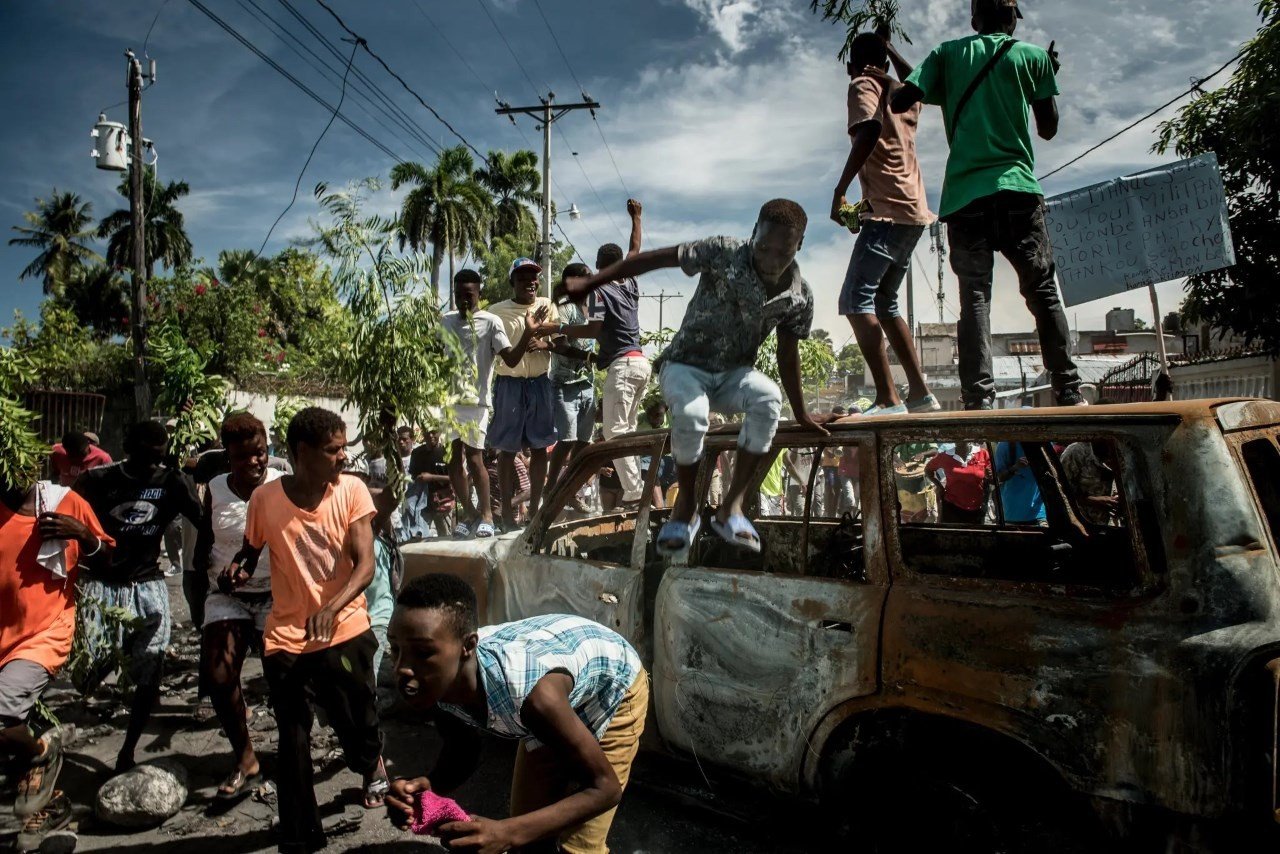 |
| Since the beginning of the 20th century, Haiti has been in political turmoil, with endless protests. (Source: AFP) |
A country in the Caribbean Sea, South America, Haiti has an area of 27,650 square kilometers with a population of just under 12 million people in 2023 and is the poorest country in the world. The GDP per capita of this Caribbean country is only 1,745 USD, ranking 163 out of 191 countries on the Human Development Index in 2022.
Constant instability
Since the beginning of the 20th century, Haiti has been in political turmoil. In 1957, Francoise Duvalier, after being elected President, abolished all opposition parties and amended the Constitution to hold the position for life. In 1967, when Francoise Duvalier died, his son Jean Claude Duvalier took over. But in 1986, the military in Haiti overthrew Jean Claude Duvalier.
In 1990, Haiti held free elections, Jean Bertrand Aristide was elected President, but after only one year, he was overthrown by the military. In the name of peacekeeping, the US sent troops to Haiti in 1994, bringing Aristide back to power, but in early 2004, Aristide was overthrown again.
After many upheavals, in 2016, Mr. Jovenel Moise became President and was assassinated at his home on July 7, 2021. Since then, the country has been unable to hold a new presidential election, and the current government is still run by interim Prime Minister Ariel Henry.
With international backing, Ariel Henry has been interim Prime Minister since July 2021, but many in Haiti see him as the continuation of a corrupt political system. On Haiti's Independence Day (January 1, 2022), Ariel Henry himself was assassinated by criminal gangs. Many opposition criminal gangs in the country are also increasing pressure on him to resign.
The riots broke out while interim Prime Minister Ariel Henry was in Kenya to promote efforts to send a Kenya-led multinational security force to Haiti. Henry reportedly left Kenya on February 2 but has not been seen in Haiti since. Haiti's Economy Minister Patrick Michel Boivert is currently serving as interim Prime Minister, who signed the state of emergency and curfew on March 3.
Under a political agreement signed after Moise's assassination, Haiti was to hold elections and Prime Minister Henry was to hand over power to the elected leader by February 7, 2024. However, Henry has postponed the elections indefinitely, citing the devastating earthquake in August 2021 and the growing influence of heavily armed criminal gangs. The Caribbean Community (CARICOM) said after a regional summit in Guyana on February 28 that Prime Minister Henry pledged to hold general elections by August 31, 2025.
Prisoner Rescue Gang
The South American country's persistent political turmoil is a fertile breeding ground for criminal gangs to thrive, while the Haitian military is currently very thin, with only about 5,000 soldiers.
Most recently, on the night of March 2 to the morning of March 3 (local time), criminal gangs in Haiti attacked the Croix des Bouquets National Prison, killing dozens of people, including criminals and prison guards. This attack also created a favorable opportunity for 3,597 prisoners out of about 4,000 criminals being held at this prison to successfully escape.
The unprecedented prison break has prompted the Haitian government to declare a state of emergency and a curfew from 6 p.m. to 5 a.m. until March 6, with the possibility of extension depending on the situation.
The attack shocked even Haitians accustomed to living under constant security threats and violence. According to unofficial figures, the National Prison of Haiti not only houses Haiti’s most notorious criminals, but also houses political criminals and powerful “godfathers.” The prison even holds several Colombian inmates accused of murdering President Jovenel Moise in 2021.
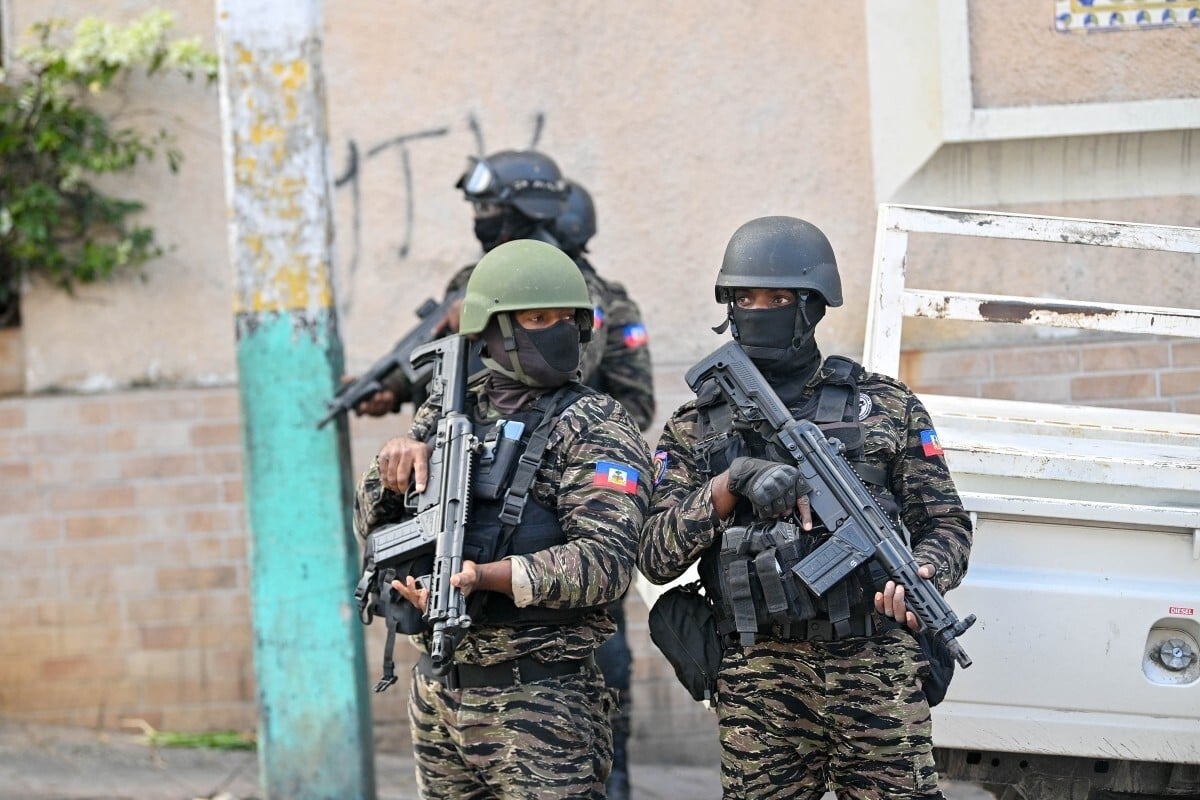 |
| Haitian police patrol in the capital Port-au-Prince after a prison break by nearly 3,600 prisoners. (Source: AFP) |
International reaction
The successful escape of thousands of high-profile prisoners has further destabilized and unsettled Haiti, forcing many foreign diplomatic missions in the capital Port-au-Prince to close. The US Embassy immediately issued a security alert, asking its citizens to leave Haiti “as soon as possible given the current security situation and infrastructure challenges” as soon as conditions allow.
On the same day, the French Embassy also announced the temporary suspension of visa and administrative services... Later, the Canadian and Spanish embassies also announced the temporary closure and cancellation of all work for security reasons. The Spanish Embassy also issued a warning asking all Spanish citizens in Haiti to limit their movements and stockpile essential goods.
The insecurity and infrastructure disruptions have also led to dozens of flights being suspended to the Caribbean nation. American Airlines and JetBlue have suspended flights to Haiti, while Spirit Airlines has announced it will stop flying to the capital, Port-au-Prince.
Faced with escalating unrest, even at risk of turning into violence and overthrowing the government in Haiti, on March 4, United Nations Secretary-General Antonio Guterres expressed deep concern about the rapidly deteriorating security situation there. Speaking to the press, UN Secretary-General's spokesman Stephane Dujarric said: "UN Secretary-General Antonio Guterres is very concerned about the situation in the capital Port-au-Prince of Haiti with a new wave of violence." The UN chief reaffirmed the need for urgent action, calling on the international community to continue to support and provide funding for a UN-sponsored multinational security mission in Haiti.
On March 4, the Organization of American States (OAS) also issued a statement expressing “deep concern” about the security situation in Haiti and calling for promoting cooperative efforts at the United Nations to restore security in this chronically unstable country.
Fertile ground for gangs
After the successful assassination of President Jovenel Moise, which led to the disintegration of the Haitian army, tens of thousands of armed members of more than 200 criminal gangs flooded into the north of the capital Port-au-Prince, taking control of the area. Among the notorious criminal gangs in Port-au-Prince, the largest group is the 400 Mawozo group led by Mawozo, followed by the G-9 group led by former police officer Jimmy “Bar Grill” Chérizier, the G-Pep group led by Gabriel Jean, the South Brooklyn group led by Ti Gabriel, etc.
Each group has several thousand fighters and possesses many types of modern weapons like those of regular armies. While the 5-Second group is now believed to control the Supreme Court building, the G-9 and G-Pep dominate Cite Soleil, a slum in Port-au-Prince known as the “capital of violence”.
In their areas of control, G-9 and G-Pep recruit poor, uneducated young members and arm them. A report by the United Nations Human Rights Committee said that in just 10 days (8-17/7/2022), 209 people were killed and 139 injured in Cite Soleil. In the power vacuum, gangs can act freely without fear of legal retribution.
According to regional media, gang leaders are consolidating control of residential areas ahead of the presidential election to help them force people to vote for certain candidates so they can have a bargaining chip later.
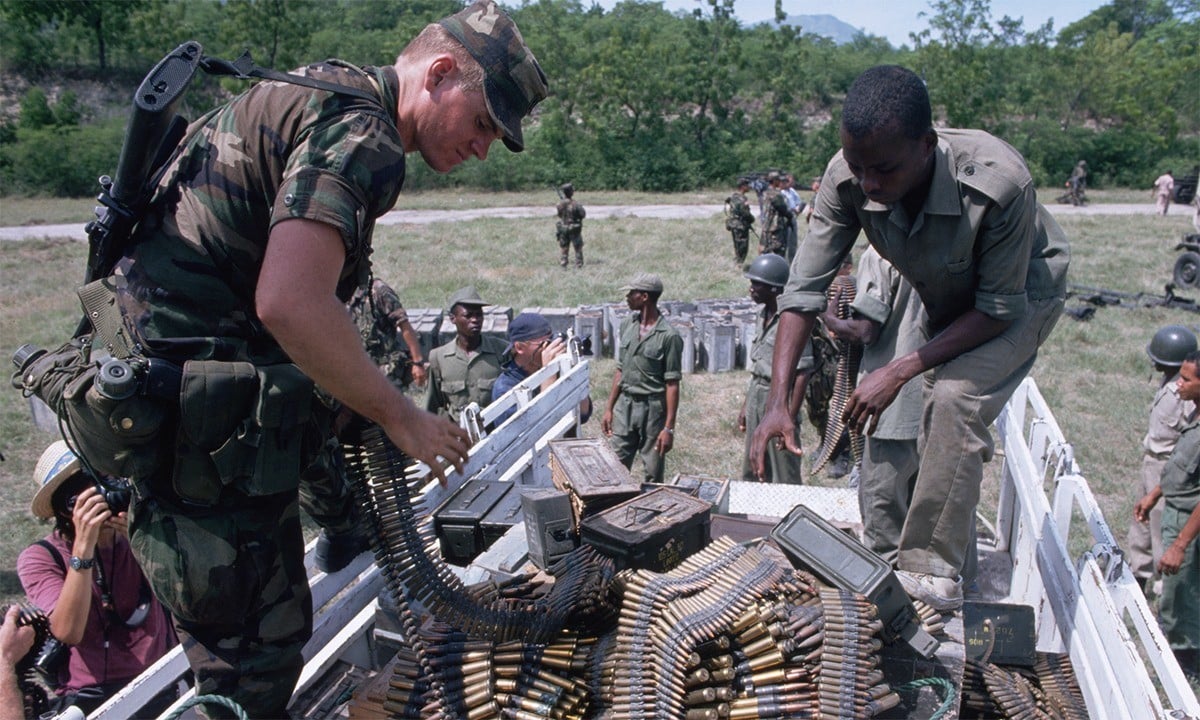 |
An American soldier (left) and a Haitian unload ammunition from a truck in 1994. (Source: VCG) |
Since June 2022, the nine largest gangs operating in the capital Port-au-Prince have formed an alliance with the aim of unifying their armed operations. Other smaller gangs, if they do not agree to join, will be eliminated. Up to this point, in addition to controlling the capital Port-au-Prince and its surrounding areas, the gang alliance has also established a foothold in cities such as Cap Haitien, Gonaives, Les Cayes, Jeremie and Jacmel, as well as ports connecting to major roads. The impact of the violence is increasingly devastating, and the blockage of Route 2 connecting the port of Port-au-Prince to the South has prevented humanitarian organizations from reaching victims in need of food, medicine and essential goods.
After establishing a base around Croix-de-Bouquets, the 400 Mawozo group suddenly became famous when it kidnapped 17 American and Canadian Christian missionaries in June 2021. Furthermore, the 400 Mawozo also joined forces with G-Pep to form an overwhelming force in a context where politicians and elites in Haiti have long relied on gangs for their underground power.
As for the Haitian National Police, the only government agency tasked with tackling violent crime, it has 12 specialized units. Created in 1995, when President Aristide disbanded armed groups, from 2004 to 2017, this force, along with the United Nations peacekeeping force (MINUSTAH), did indeed reduce violent crime in hot spots around the capital Port-au-Prince. However, they have not been successful in dismantling gangs, despite receiving tens of millions of dollars in support over the past 25 years.
According to Latin America Today, a Haitian police representative said that after President Moise was assassinated, they arrested more than 40 suspects but none of them were brought to trial. This proves that there are things stronger than justice. In May 2023, the Director of the Haitian National Police admitted that more than 1,000 police officers had quit their jobs because of the precariousness of life. Many cruel things happen in the indifference of society because people are too accustomed to violence.
The United Nations estimates that in 2023, some 300 gangs controlled 80% of the capital city and were responsible for 83% of all homicides and injuries. In 2023 alone, Haiti recorded more than 8,400 direct victims of gang violence, a 122% increase from the previous year, with much of it concentrated in the capital city of Port-au-Prince.
According to data released by the United Nations Children's Fund (UNICEF), in just the first six months of 2023, criminal gangs in Haiti carried out nearly 300 kidnappings of minors and women, equivalent to the number of victims recorded in all of 2022 and up to three times higher than in 2021.
Economic collapse, humanitarian crisis growing
The widespread violence has caused Haiti's economy to collapse, along with education and health care. According to government figures, in Port-au-Prince alone, in recent months, half a million children have been out of school, 1,700 schools have been closed, and more than 500 have become gang bases. Many other schools have become refuges for families who have lost their homes. Many students have joined or been forced to join gangs, some as young as 13. The increased violence has also forced nearly 128,000 people to leave their homes, exacerbating the migration wave in the region in recent months.
According to United Nations estimates, the escalating violence in Haiti has claimed the lives of more than 1,400 people since the beginning of 2023.
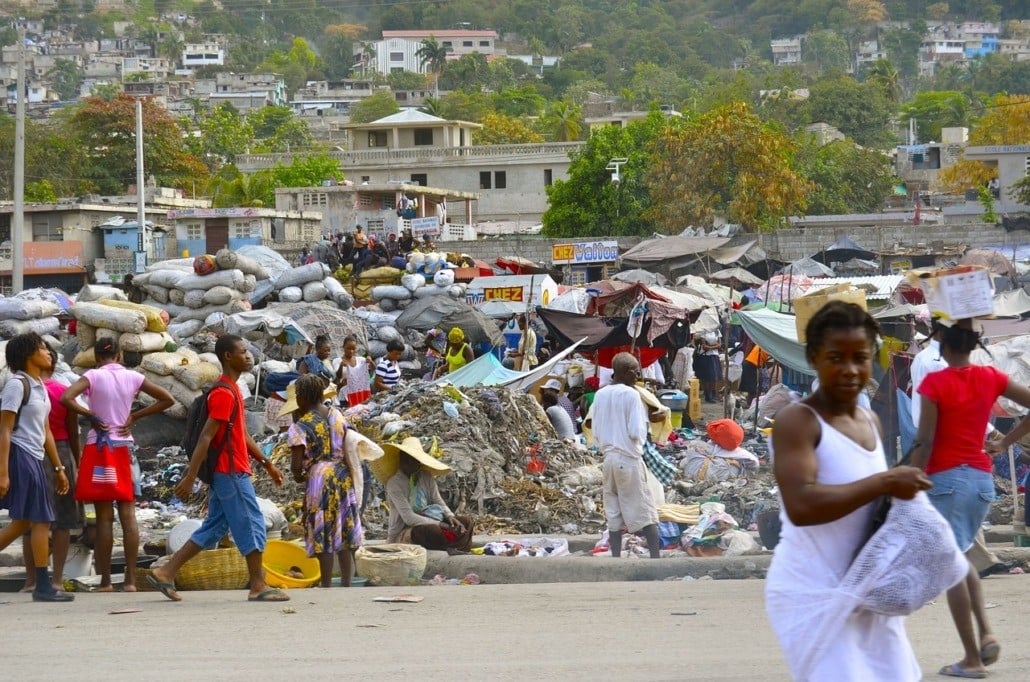 |
| Haiti has run out of food and fuel because of a blockade of the port of Varreux in the capital Port-au-Prince by a coalition of gangs. (Source: the Borgen Project) |
UNICEF statistics show that about 5.2 million people, equivalent to nearly half of Haiti's population, are dependent on humanitarian aid, including nearly 3 million minors. The local health system of this Caribbean country is "on the brink of collapse", schools are attacked, and people are regularly terrorized. According to UNICEF, in the past year, the activities of armed gangs have increased the rate of severe acute malnutrition in Haitian children by 30%. Nearly a quarter of children in this Caribbean country are chronically malnourished, including about 115,600 children with life-threatening malnutrition. The situation has not recorded positive changes in recent times when the World Food Programme (WFP) said that about 100,000 Haitians will not receive food aid in the second half of 2023 due to lack of support funding.
According to WFP Caribbean Regional Director Jean-Martin Baue, in the first half of 2023, WFP's aid plan in Haiti has only received about 16% of the total estimated $121 million to ensure aid to Haiti until the end of this year. This is also the reason why WFP has had to cut many aid items, despite the fact that the daily lives of the Haitian people are constantly facing a humanitarian crisis, with lives and livelihoods disrupted by violence, insecurity, economic recession and climate change.
Haiti is currently running low on food and fuel due to a blockade of the port of Varreux in the capital Port-au-Prince by a coalition of gangs. The government of interim Prime Minister Ariel Henry has called for international forces to be sent into Haiti to help clear the port.
However, many Haitians are skeptical of the efforts of the government and the international community, because past events have shown that foreign forces “bring more problems than solutions,” and years of international efforts to strengthen democratic institutions and enforce the law have largely failed to change anything.
Source


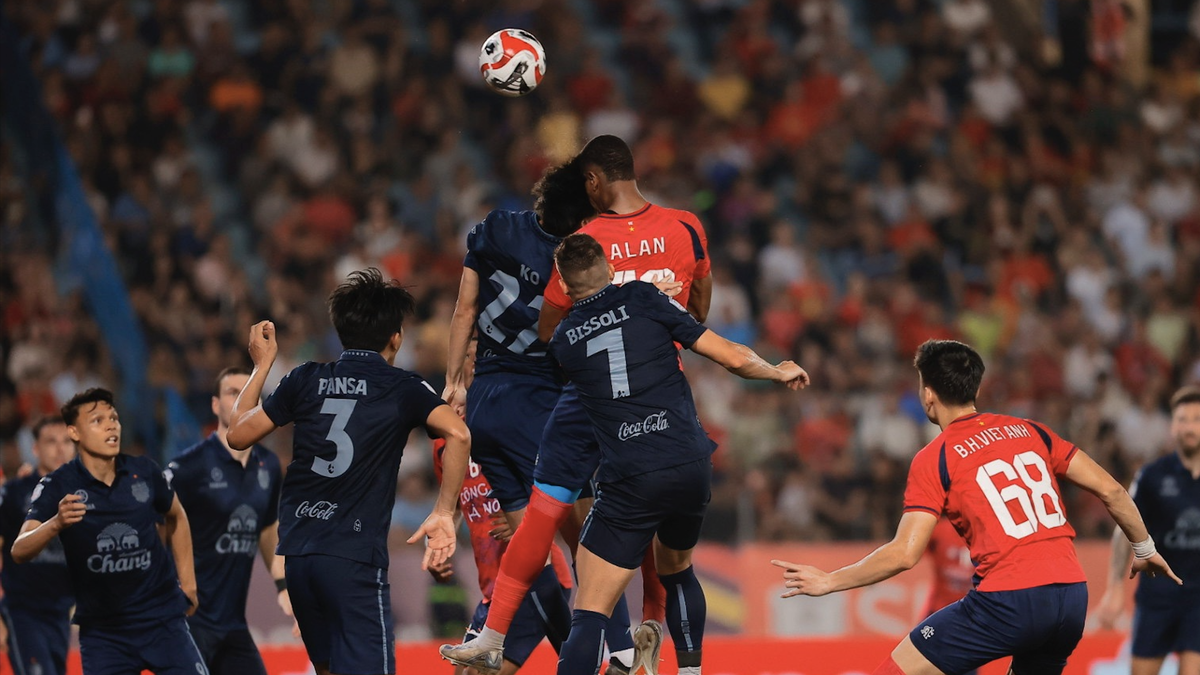












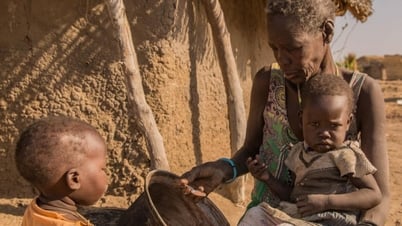

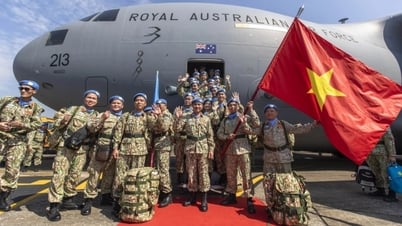





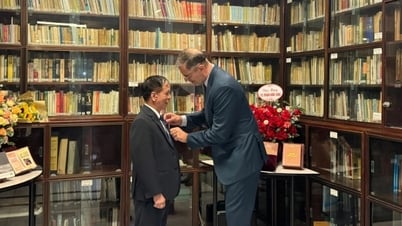





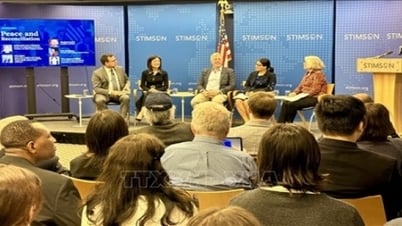






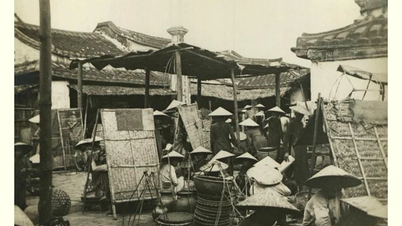











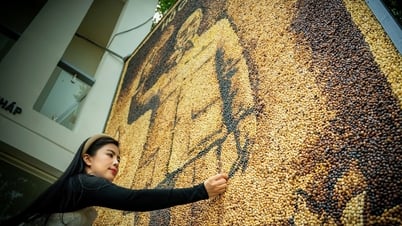

















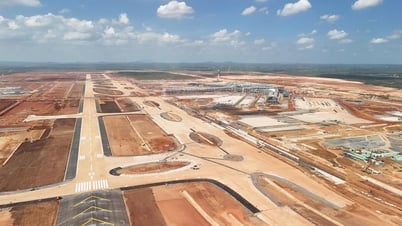



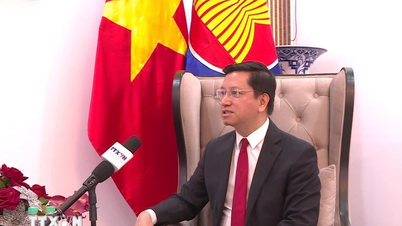

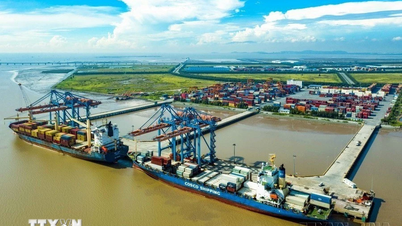
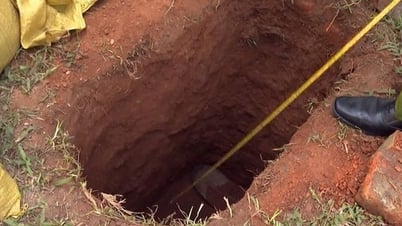








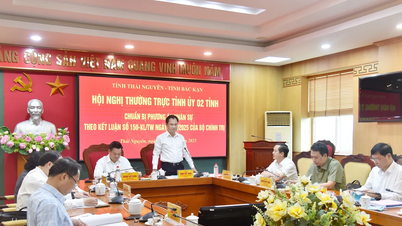

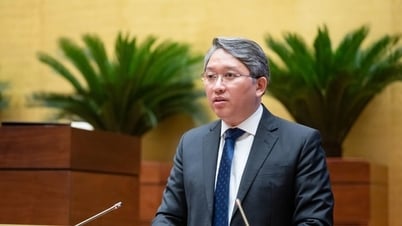



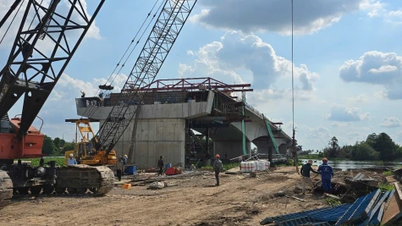










Comment (0)